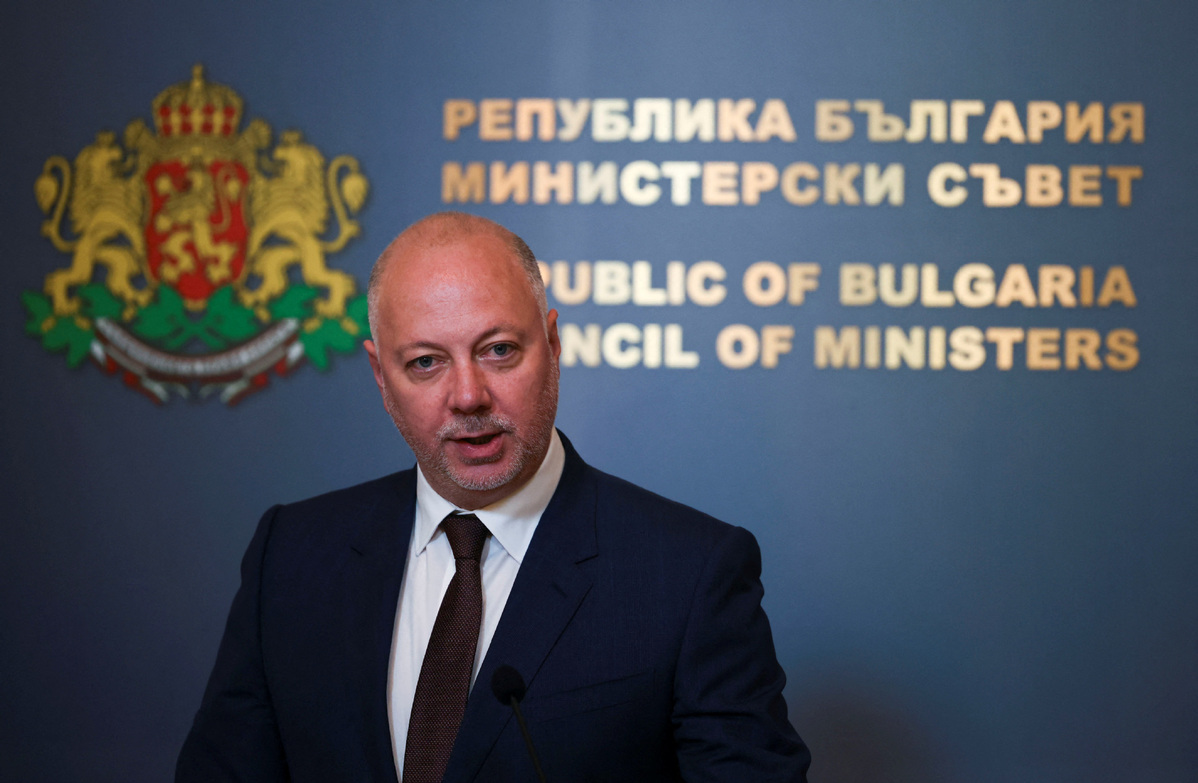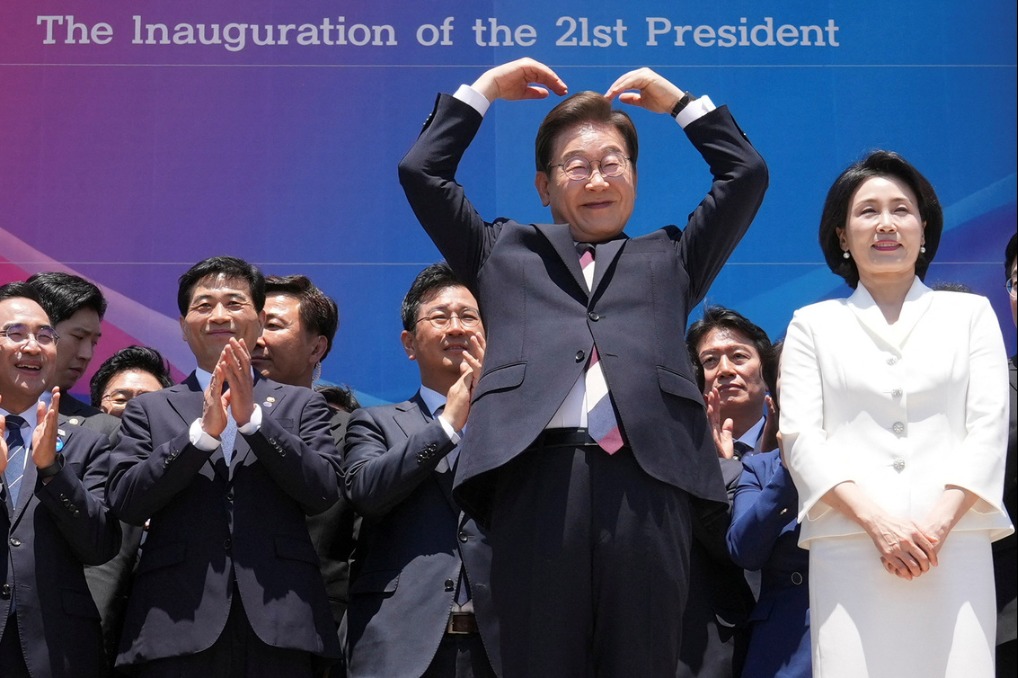Bulgaria moves one step closer to joining eurozone


Bulgaria has been given the green light by the European Commission and the European Central Bank to adopt the euro currency, marking a historic step that will likely make it the 21st member of the single currency union.
The ECB released the Convergence Report on Wednesday concluding that Bulgaria meets the necessary criteria to become a eurozone member, paving the way for euro adoption on Jan 1, 2026.
The report confirmed Bulgaria meets the four key conditions for euro adoption: price stability, sustainable public finances, stable exchange rates and legal compatibility.
The nation, a member of the European Union since 2007, now stands on the verge of achieving its long-held goal of joining the euro currency bloc and deepening ties with its wealthier Western European partners.
The finance ministers from the 20 EU member states that use the euro as their official currency will decide on Bulgaria's admission to the eurozone on July 8. This decision will be made following consultations with the European Parliament and discussions within the European Council.
In a statement released on Wednesday, European Commission President Ursula von der Leyen said: "The euro is a tangible symbol of European strength and unity. Today, Bulgaria is one step closer to its adoption as currency. Thanks to the euro, Bulgaria's economy will become stronger, with more trade with euro area partners, foreign direct investment, access to finance, quality jobs and real incomes."
The approval to adopt the euro comes amid ongoing protests across Bulgaria, the EU's poorest nation in terms of GDP per capita, where demonstrators have expressed concerns over potential inflation and loss of monetary sovereignty.
Bulgaria's government has faced a populist backlash against the shared currency, reported The Associated Press. Growing public anxiety over inflation and economic uncertainty has been amplified by social media disinformation campaigns targeting the euro adoption.
The resistance mirrors the rise of anti-EU sentiment across Europe, with nationalist politicians reportedly exploiting the opportunity.
Retiree Tanya Ignatova told the AP: "Adopting the euro will make us feel the threshold of poverty. After all, prices will be in euros."
Despite public unease, Bulgaria's government has forged ahead with its bid to join the currency union, seeking deeper European integration.
The euro is currently used by 347 million Europeans across 20 countries, making it the second most widely used international currency in the world after the US dollar.
Introduced in 1999 for electronic transactions and in 2002 for cash, the euro facilitates trade, travel and economic integration across member states, eliminating currency exchange costs and stabilizing prices within the union.































